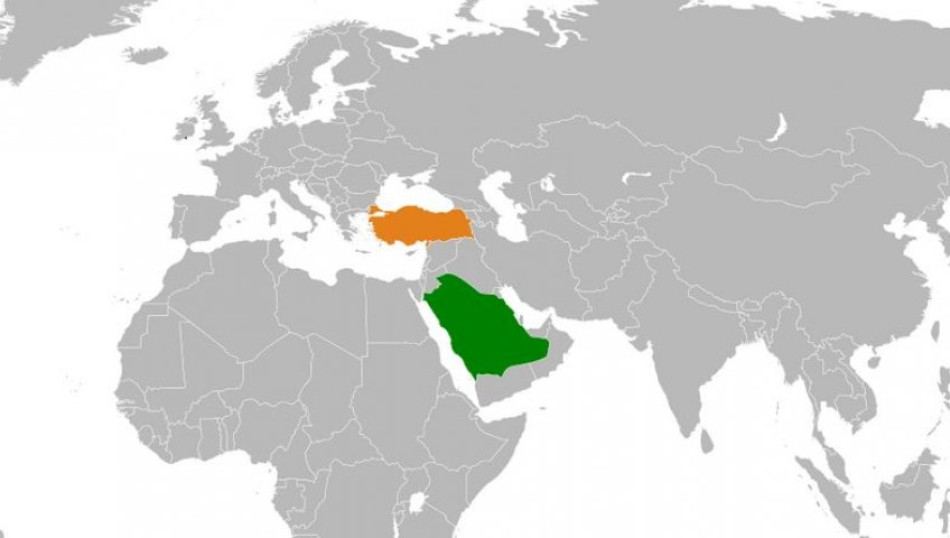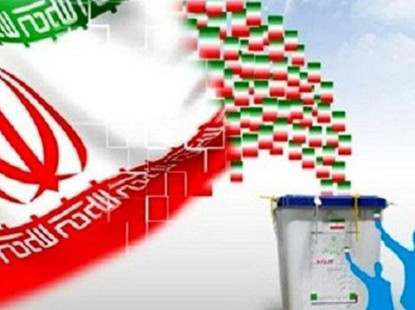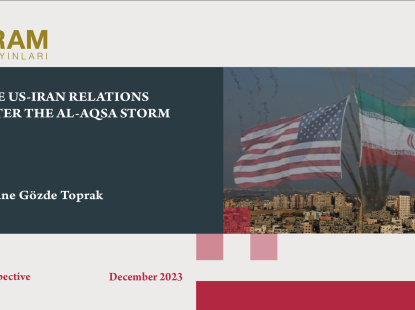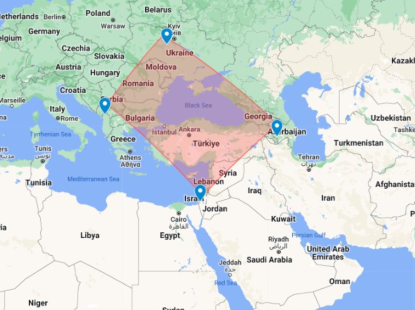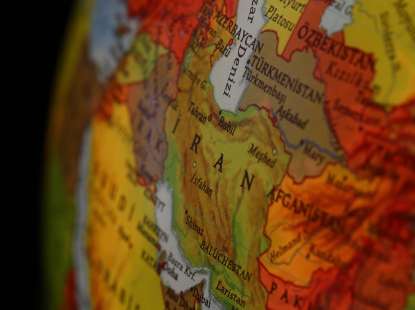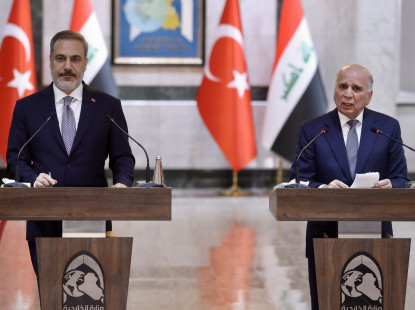The Future of the Turkish – Saudi Relations
Certainly, it was unbeknownst to Mohamed Bouazizi of Tunisia that setting himself alight in December 2010 would become a catalyst for such significant developments throughout the region. While the wave of revolts, the Arab Spring, successively overthrew dictatorships in North Africa, regional responses to these developments varied. Moreover, for several reasons, Turkey likened these events to the end of the Cold War and the wave of democracy which spread to Eastern Europe and felt great enthusiasm as the groups closer to its political line came to power. However, this trend reversed with the end of the protesters’ external support, especially after significant developments such as the murder of the US Ambassador in Libya in September 2012, and with the loss of gained positions by the counter-revolution in Egypt in July 2013, the former heart of the Arab World. The struggle between the government forces and the revolutionaries spread beyond these borders. The growing controversy between Turkey and Saudi Arabia, which held opposing views of the coup in Egypt, had soon reflected on Syria and resulted in a significant loss of power for the revolutionaries. Nevertheless, this controversy did not escalate, and Ankara maintained its ties with Riyadh on tertiary subjects such as Bahrain and Yemen.
On the other hand, following the rise of Mohammad bin Salman as the Crown Prince, his implementation of aggressive policies which centered around “anti-political Islamism” and “opposition to Iran” by the backing of Israel and the UAE, and the Saudi imposition of an unexpected blockade against Qatar, one of Turkey’s most significant regional allies, brought the tension in bilateral relations to an inconceivable level. The Israel-Saudi Arabia and UAE axis which enjoyed much support within the US through Trump and his son-in-law Jared Kushner, not only targeted the region’s democracy supporters that began to flourish after the Arab Spring but also started to undermine the status quo which largely conversed since World War II in spite of slight changes in 1971. Even if the blockade towards Qatar or other moves of this axis with the fear of Iran may be attributed to the opposition of political Islam, interesting developments such as the treatment toward Saad Hariri, the economic operation against Jordan which refused to take further steps on the Palestinian issue or the life imprisonment of a British citizen with charges of espionage in the UAE reveal that this “immature” alliance has problems not only with powerful local actors but also with the regional design of the international system.
Nevertheless, the incident considered a milestone at the regional level and especially in Turkish – Saudi relations was not the Egyptian coup or the blockade against Qatar but the brutal murder of the Saudi journalist Jamal Khashoggi in Istanbul. As a Washington Post columnist and a person from the Saudi political system, Khashoggi was considered a “moderate opponent” who had good relations with Western circles and held US residency. His murder and disposal of his body by a special group from Saudi Arabia under the direct order of top Saudi authorities within the Saudi consulate in Istanbul apparently deeply affected the regional and global relations. The Saudi administration, which for several weeks has attempted to deny any involvement in the incident was later on was obliged to change its attitude and promised that the perpetrators would be tried. In this shift of attitude Turkey’s effective crisis management played the key role. On the other hand, the US government was divided. While Trump personally tried to keep the Prince out of the incident, some US authorities narrow down the circle around Bin Salman through various means. Interestingly, Khashoggi’s murder exceeded classical Democrat – Republican distinction in the US and some influential Republicans, such as Mitch McConnell and Bob Corker, also acted against the Prince. The reasons why Trump is protective of Bin Salman are obvious: The ongoing Saudi anti-Iranian policies and the support given to Israel. In any case, the young Crown Prince is now suffering a legitimacy crisis and President Trump needs him for the cheaper oil and for guaranteeing the future of huge agreements signed between the US and Saudi Arabia. Trump’s use of the security of Israel as a justification of the support he is giving to the Crown Prince is a well-thought-out tactic since Israel's security is seen as a red line for many in the US, even for those who oppose Trump in supporting Bin Salman. In this way, Trump gives a message that "you may neither like me nor Bin Salman, but he is important for containing Iran and for ensuring Israel's security."
Turkey’s cool-headed and uncompromising attitude prevented covering up the incident and prevented the escalation of the crisis into a bilateral problem between Riyadh and Ankara. There are rational reasons behind Ankara’s position. On the one hand, Turkey closely monitors the problem areas where Riyadh is involved, especially the Saudi Arabian relations with the PYD/PKK while at the same time avoiding a direct confrontation. In addition to spiritual and material factors such as the Saudi control of the Islamic sacred sites and its extensive economic ties with Turkey, Turkey’s unwillingness to be seen as a part of the Saudi-Iran tension also played a role on Turkey’s careful policy. On the other hand, Saudi Arabia’s aggressive attitude in the cases of Yemen, Qatar, Jordan, Hariri, Khashoggi and the detention of several princes, which mostly resulted in failure, are a sign of the ambitious policies Saudi Arabia has been implementing over the past few years and despite external support, the country is in a serious governance crisis. Thus, the analogy between bin Salman and Saddam Hussein, which is voiced by some in the Arabian press, is not entirely pointless. Turkey, one of the countries most affected by the turmoil in the region, is worried about a structural threat that Saudi Arabia would face. Moreover, considering that for two years bin Salman has linked the fate of the system to its own fate with the changes he has made in the country, the failure of the Trump factor, in particular, can lead to more fundamental threats for Saudi Arabia exceeding the Prince's personality.
This article was first published at Çankaya Dijital Dergi on December 17, 2018.
